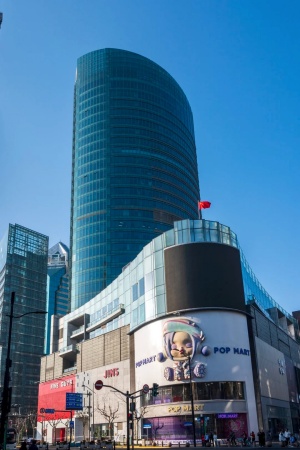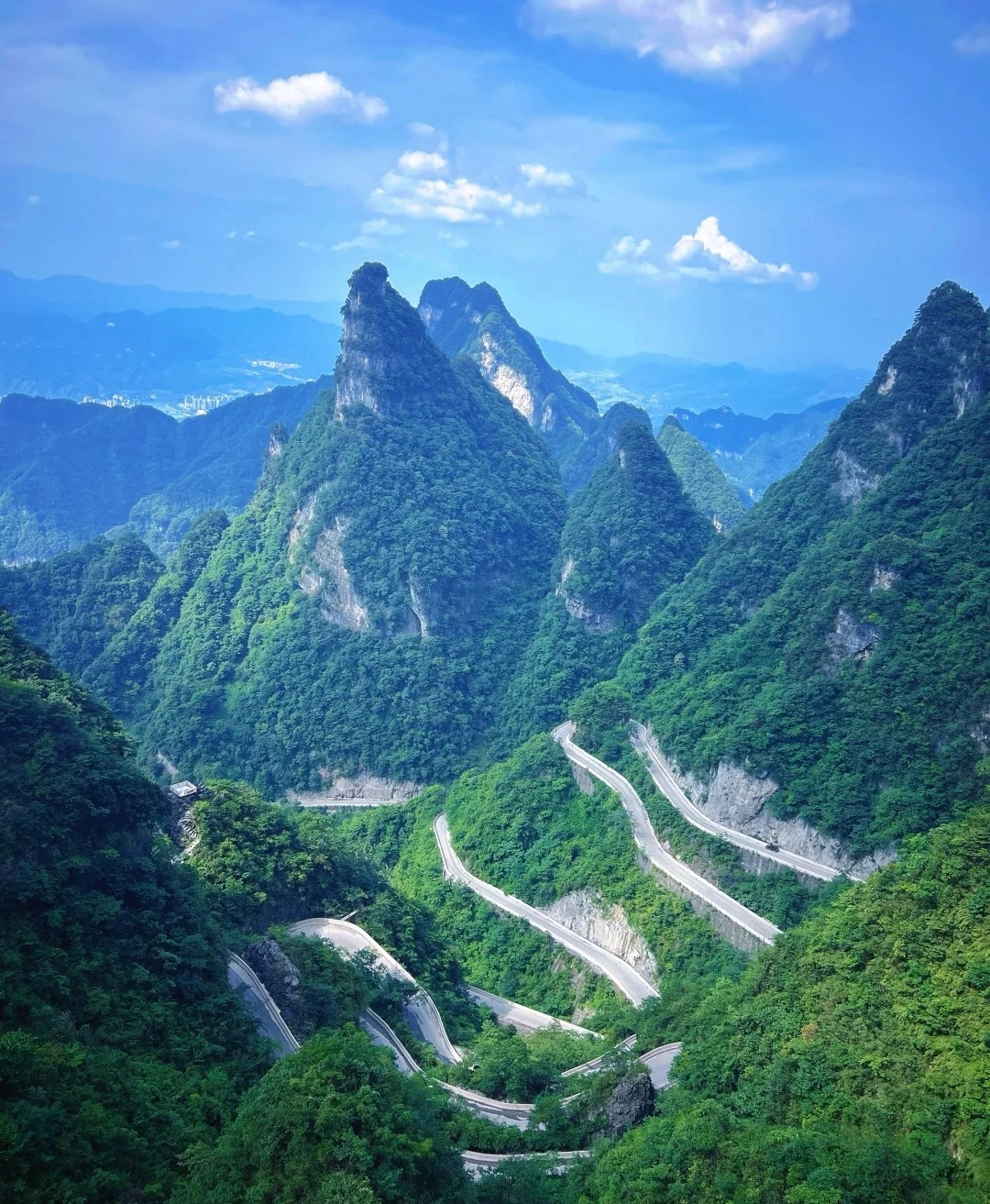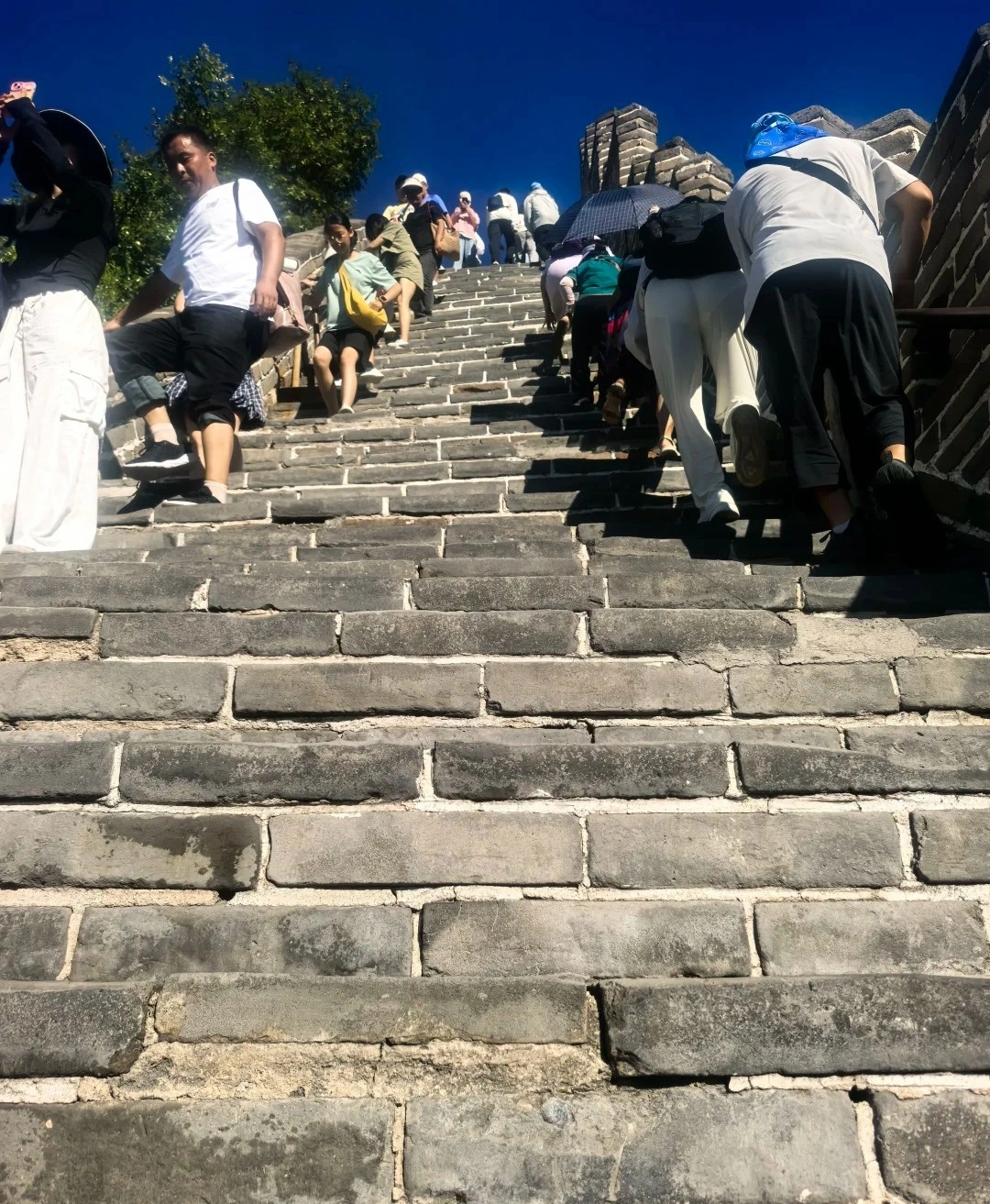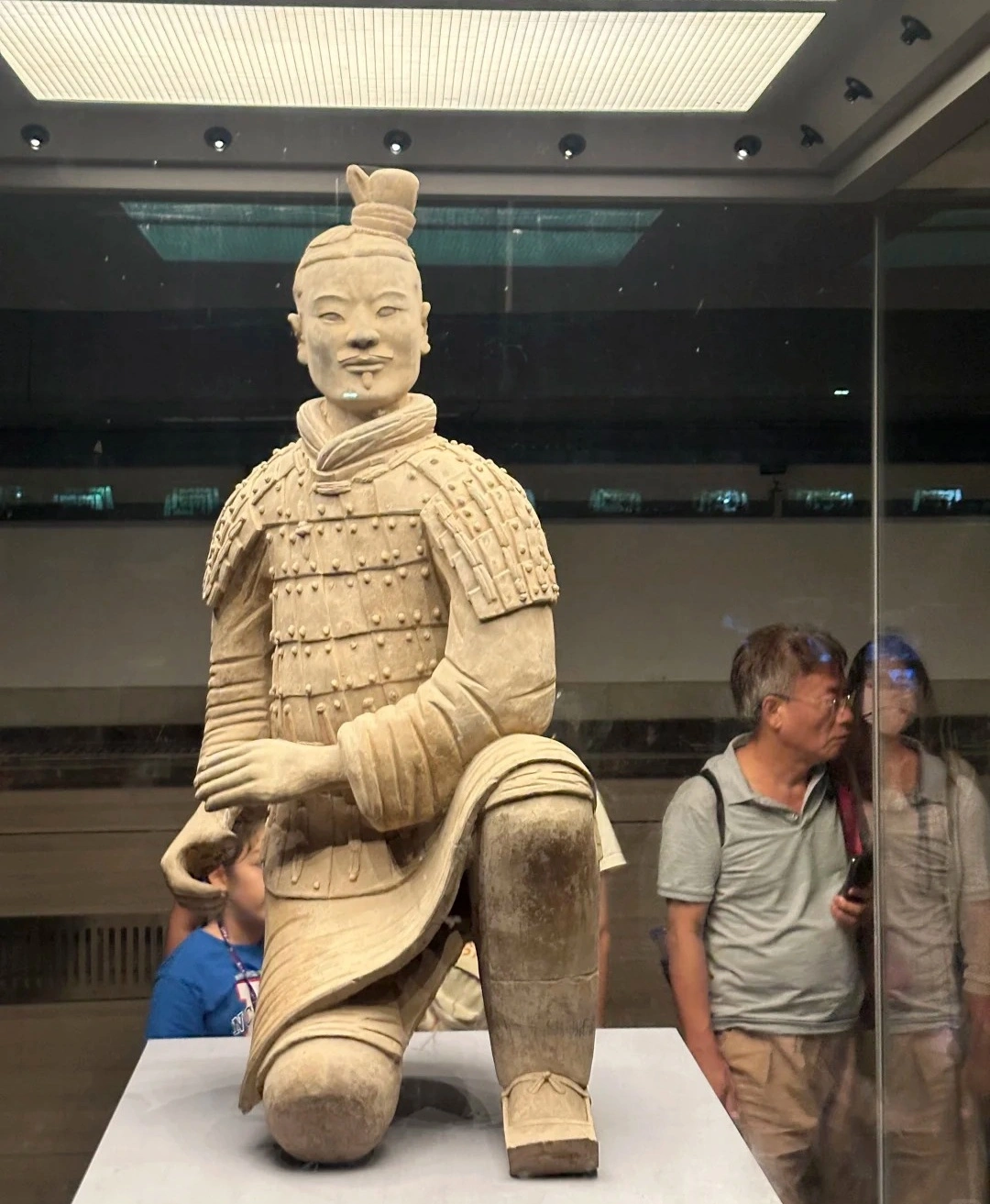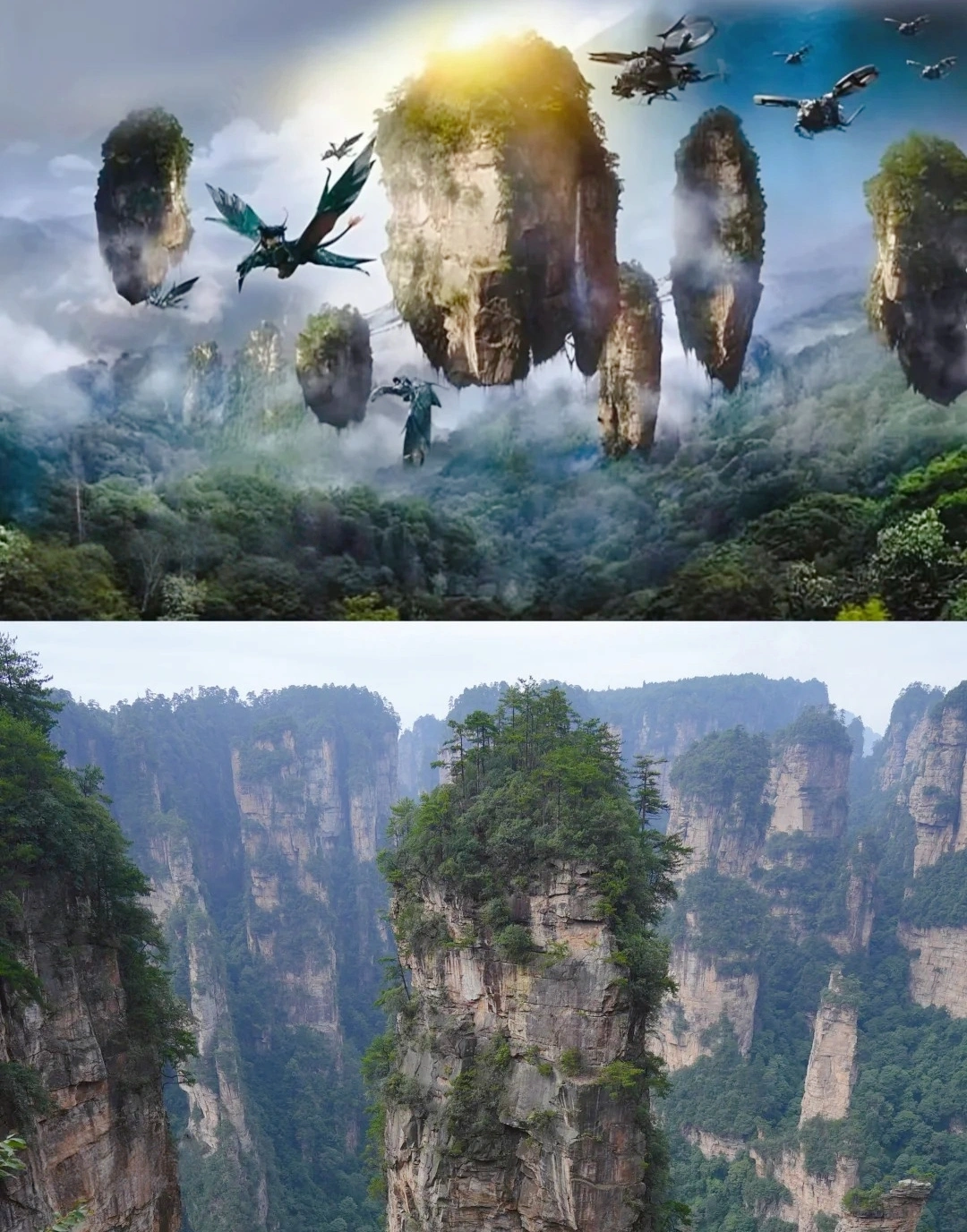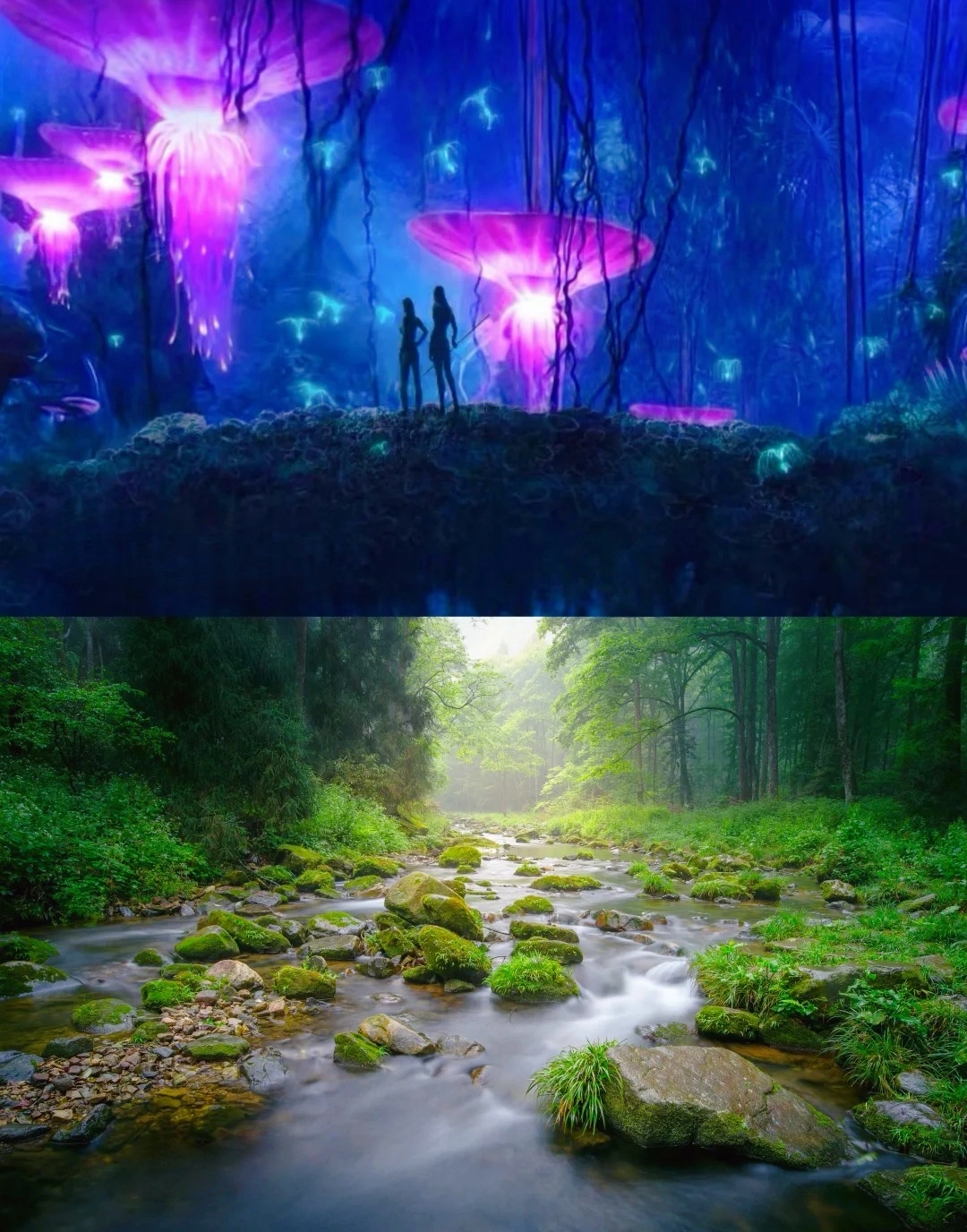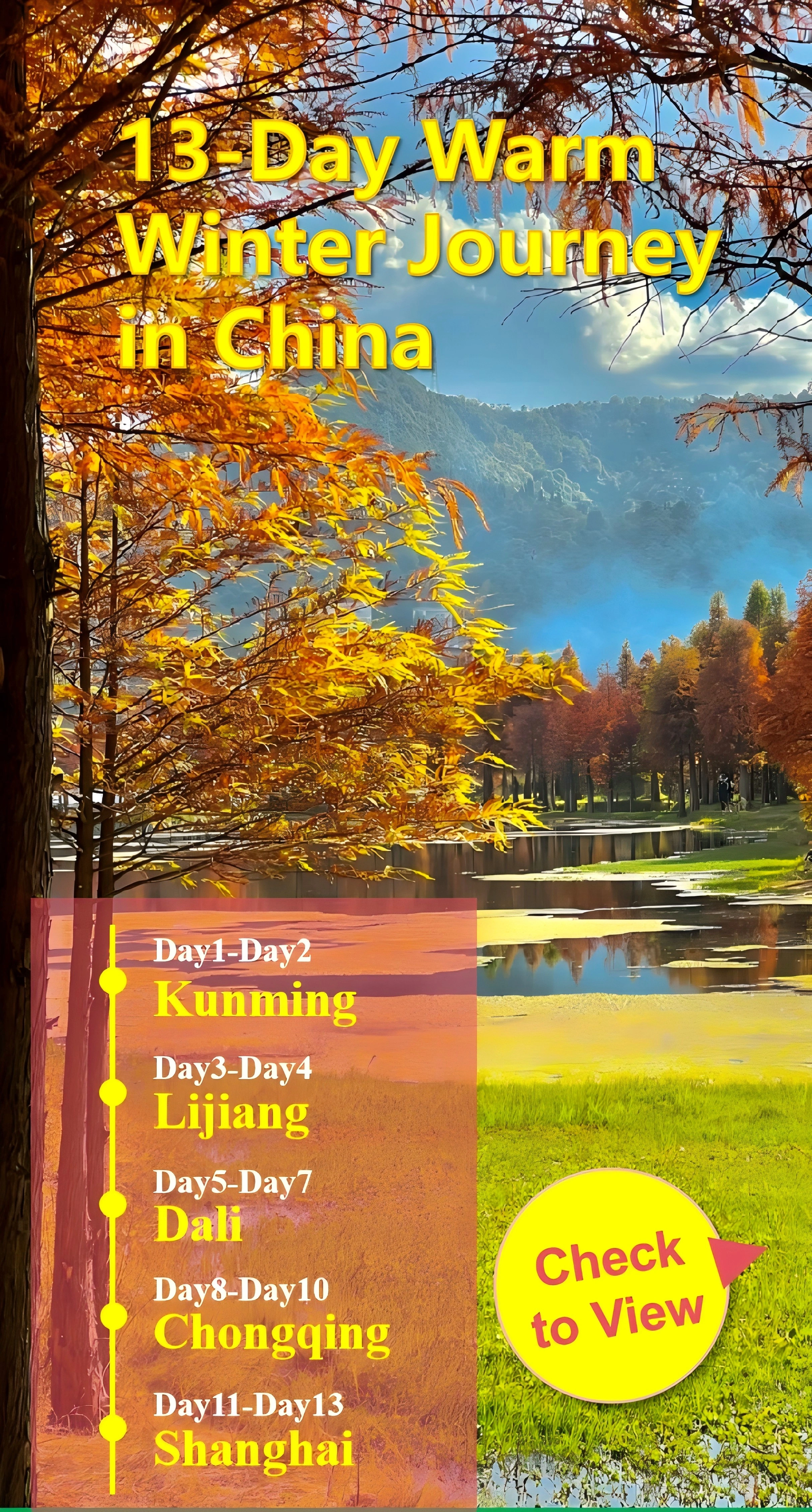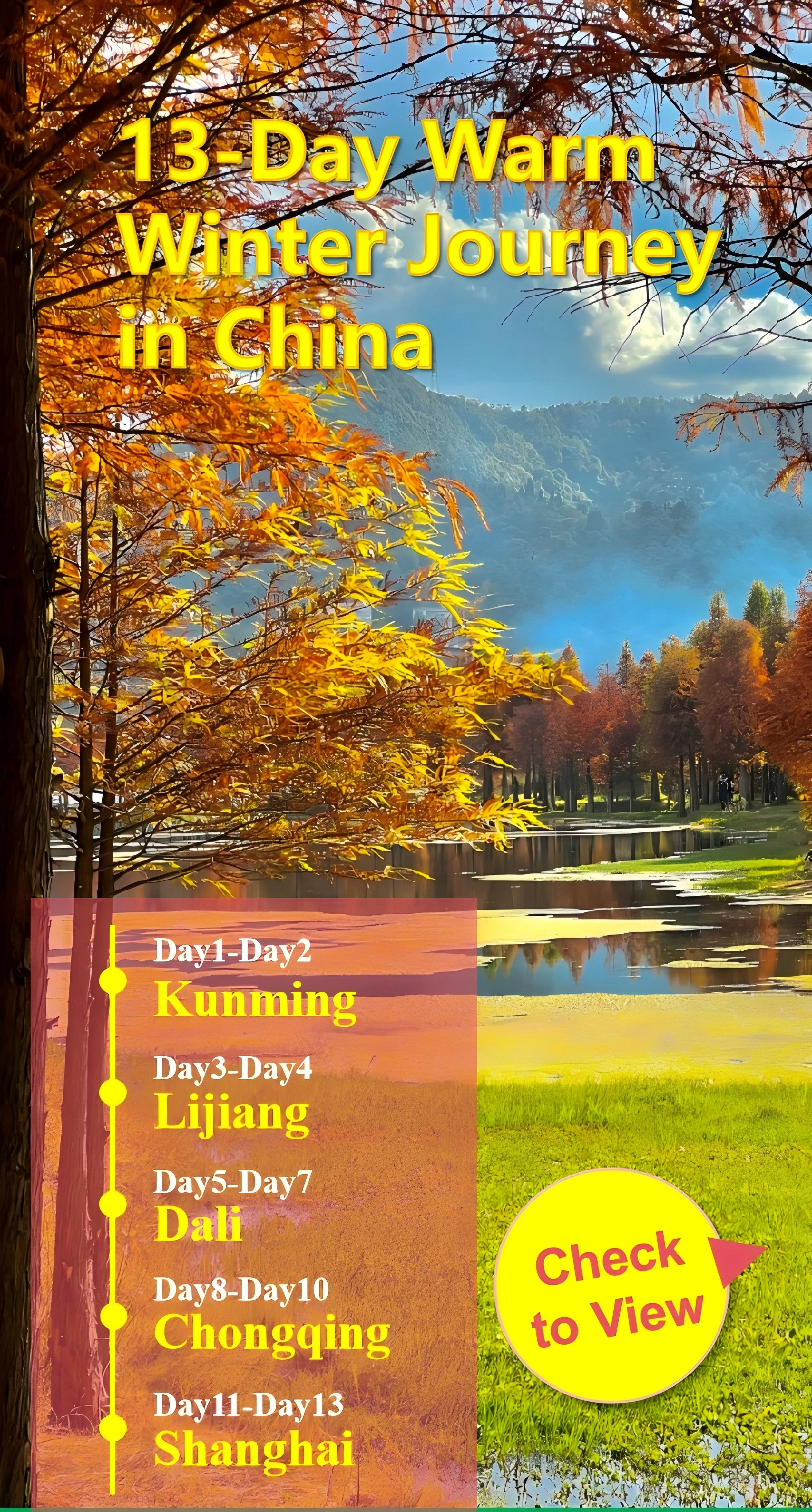How to Plan the Perfect Hangzhou Tour: A Step-by-Step Guide
Hangzhou, often hailed as "Paradise on Earth," is a city where natural beauty meets profound cultural heritage. As the capital of Zhejiang Province and the southern terminus of the Grand Canal, Hangzhou is renowned for its iconic West Lake, historic temples, and thriving tea culture. This guide provides detailed suggestions for first-time visitors to Hangzhou, ensuring an immersive and memorable exploration of the city’s unique charm.
▶Preliminary Preparation
Visa and Air Tickets
Before traveling to Hangzhou, ensure you have the appropriate visa. Starting December 2024, transit travelers from 54 countries can stay for up to 10 days without a visa, while visitors from France, Germany, Italy, Spain, and several Asian countries can enjoy 30-day visa-free stays through 2025. US, UK, and Canadian passport holders can visit for 6 days visa-free. Book a round-trip air ticket to Hangzhou Xiaoshan International Airport (HGH).
Accommodation
Choose a hotel in convenient areas such as West Lake (central cultural hub), Wushan Square (modern business district), or Longjing Village (tea culture hub). IntoTravelChina offers hotel booking services to ensure your stay is comfortable and well-located.
Transportation Card
In Hangzhou, the subway, bus, and shared bike systems are the most convenient ways to travel. Upon arrival, apply for a Hangzhou Public Transportation Card via Alipay or WeChat Pay to enjoy discounts on subway, bus, and bike rentals.
Weather Preparation
Check the weather forecast for Hangzhou according to your travel dates. Spring (March to May) and autumn (September to November) are ideal, with mild temperatures and blooming flowers or autumn foliage. Summers are hot and rainy (June-August), while winters are cool and damp (December-February).
Essential Apps
Download maps (Baidu Maps/Google Maps), translation tools (Google Translate), and payment apps (Alipay/WeChat Pay). Additionally, use the "West Lake Tour" app for real-time navigation and audio guides around the lake.
▶Top Attractions & Best Things to Do in Hangzhou
West Lake (Xi Hu)
Stroll, bike, or cruise around West Lake, a UNESCO World Heritage Site and the heart of Hangzhou’s culture. Key spots include:
- Su Causeway: A 3-km stone path lined with willows and peach blossoms, built by poet Su Dongpo.
- Leifeng Pagoda: A legendary pagoda offering panoramic views of the lake and surrounding hills.
- Ten Scenes of West Lake: Iconic views like "Curved Yard and Lotus Pool in Summer" and "Breeze-Ruffled Lotus at Quyuan Garden."
Lingyin Temple
Visit Lingyin Temple, one of China’s oldest and most significant Buddhist temples. Founded in 326 AD, it houses over 500 statues and is nestled against Feilai Peak, known for its Buddhist grottoes and moss-covered carvings.
Longjing Tea Plantations
Explore Longjing Village, the birthplace of China’s famous Longjing (Dragon Well) tea. Tour tea plantations, learn about tea-picking and roasting processes, and taste fresh green tea in traditional tea houses.
Six Harmonies Pagoda (Liuhe Pagoda)
Climb the Six Harmonies Pagoda, a 1,000-year-old wooden pagoda overlooking the Qiantang River. The pagoda offers stunning views of the river and the annual "Silver Dragon" tidal bore.
Grand Canal Heritage Park
Walk along the Hangzhou section of the Grand Canal, a UNESCO site and the world’s longest artificial waterway. The park features restored warehouses, bridges, and museums showcasing the canal’s history.
China National Tea Museum
Immerse yourself in tea culture at the China National Tea Museum, where exhibits trace the history of tea from ancient times to modern brewing techniques. Participate in tea ceremonies or try tea-infused desserts.
Xixi National Wetland Park
Escape the city at Xixi Wetland, a tranquil network of rivers, lakes, and lush vegetation. Rent a paddleboat or hike trails to observe local wildlife and traditional fishing villages.
▶Suggested Travel Length & Itineraries
1-Day Itineraries
- Option 1: Morning cruise on West Lake, afternoon visit to Lingyin Temple, evening stroll at Hefang Street.
- Option 2: Explore Longjing Village and tea plantations, then tour the Six Harmonies Pagoda.
2-Day Itineraries
- Day 1: West Lake (Su Causeway, Leifeng Pagoda), Lingyin Temple, Hefang Street.
- Day 2: Longjing Village, China National Tea Museum, Six Harmonies Pagoda.
3-Day Itineraries
- Day 1: West Lake highlights, Lingyin Temple, Hefang Street.
- Day 2: Longjing Village tea experience, Xixi Wetland Park.
- Day 3: Grand Canal Heritage Park, Six Harmonies Pagoda, evening West Lake light show.
4-Day Itineraries
- Day 1: West Lake highlights, Lingyin Temple, Hefang Street.
- Day 2: Longjing Village tea experience, Xixi Wetland Park.
- Day 3: Grand Canal Heritage Park, Six Harmonies Pagoda, evening West Lake light show.
- Day 4: Day trip to Wuzhen Water Town (see "Day Trips from Hangzhou" below).
5-Day Itineraries
- Day 1: West Lake highlights, Lingyin Temple, Hefang Street.
- Day 2: Longjing Village tea experience, Xixi Wetland Park.
- Day 3: Grand Canal Heritage Park, Six Harmonies Pagoda, evening West Lake light show.
- Day 4: Day trip to Wuzhen Water Town.
- Day 5: Day trip to Qiandao Lake (Thousand Islet Lake) or Shaoxing (see "Day Trips from Hangzhou" below).
▶Day Trips from Hangzhou
Wuzhen Water Town
Explore Wuzhen, a 1,300-year-old water town with canals, stone bridges, and Ming-Qing era architecture. Highlights include the Hongyuan Tai Dyeworks, the Xizhao Folk Custom Museum, and evening light shows.
Qiandao Lake (Thousand Islet Lake)
Cruise Qiandao Lake, a man-made reservoir with 1,078 islands. Visit the underwater ancient city of Shicheng, hike trails on Meifeng Island, or sample local fish hotpot.
Shaoxing
Discover Shaoxing, the hometown of Lu Xun (China’s modern literary giant). Tour the Lu Xun Native Place Museum, row a black-awning boat through canals, and taste Huangjiu (rice wine) and stinky tofu.
Mount Putuo
Hike Mount Putuo, one of China’s four sacred Buddhist mountains, located on Zhoushan Island. The mountain is dotted with temples, including the Puji Temple, and offers views of the East China Sea.
▶Best Time to Visit Hangzhou
The best times to visit Hangzhou are spring (March-May) and autumn (September-November), when the weather is mild, and natural scenery is at its peak. Avoid summer (June-August) due to heat and rain, and winter (December-February) for its damp chill. Peak tourist seasons include the West Lake Lotus Festival (June) and the Mid-Autumn Festival (September).
▶How to Get to Hangzhou
By Air
Hangzhou Xiaoshan International Airport (HGH) offers domestic and international flights. Connect to the city via subway Line 19 or airport buses.
By High-Speed Train
Hangzhou has two major stations: Hangzhou East Railway Station (main hub) and Hangzhou South Railway Station. High-speed trains connect to Shanghai (1 hour), Beijing (5 hours), and Suzhou (2.5 hours).
▶Where to Stay in Hangzhou
West Lake Area
Stay near West Lake for easy access to the lake, Lingyin Temple, and Hefang Street. Luxury options include the West Lake Four Seasons, while boutique hotels like the Hangzhou Xihu Lodge offer traditional charm.
Wushan Square
Ideal for modern travelers, this area features high-end malls, the Hangzhou Grand Theatre, and the China National Tea Museum. The InterContinental Hangzhou offers skyline views.
Longjing Village
For a tea-immersive experience, stay in Longjing Village. Guesthouses like the Longjing Villa provide tea-picking tours and mountain views.
Xixi Wetland
Choose eco-resorts like the Xixi Wetland Park Hotel for a tranquil retreat near nature.
▶Try the Local Cuisine & Famous Food
Hangzhou’s cuisine, part of Zhejiang’s culinary tradition, emphasizes freshness, light flavors, and delicate presentation. Must-try dishes include:
- Dongpo Pork: Braised pork belly named after poet Su Dongpo, with a caramelized exterior and melt-in-your-mouth texture.
- West Lake Fish in Vinegar Gravy: Steamed carp in a sweet-sour sauce made with rice vinegar and ginger.
- Beggar’s Chicken: A clay-wrapped chicken stuffed with mushrooms and ham, baked underground for hours.
- Longjing Shrimp: Sautéed shrimp with Longjing tea leaves, offering a fragrant, slightly astringent taste.
- Hefang Street Snacks: Try dingsheng cake (rice flour stuffed with meat), wushan toast (sweet osmanthus-flavored bread), and xianggu mushroom soup.
▶Useful Tips for Hangzhou Trips
Safety and Health
- Mosquito Protection: Bring repellent when visiting wetlands like Xixi.
- Tea Scams: Avoid buying "Longjing tea" from unlicensed street vendors; purchase from reputable shops like the China National Tea Museum’s store.
- Rain Gear: Pack a foldable umbrella or raincoat, especially in spring (April-May) and summer.
Transportation in Hangzhou
- Shared Bikes: Use Hello Bike or Meituan Bike for short trips around West Lake.
- Subway: Covers major attractions; Lines 1 and 7 are most useful.
- Taxis: Use Didi Chuxing for transparency. Avoid unmetered cabs near tourist spots.
Respect for Culture
- Temple Etiquette: Remove hats and avoid loud talking in Lingyin Temple. Do not touch Buddhist statues.
- Tea Culture: When tasting tea, use both hands to receive the cup and sip quietly to show respect.
Shopping and Consumption
- Hefang Street: Bargain for silk scarves, fans, and traditional snacks. Start at 50% of the asking price.
- Longjing Tea: Look for the "National Geographical Indication" seal to ensure authenticity.
▶Unique Insights and Avoiding Pitfalls
- West Lake Sunrise: Arrive at Pinghu秋月 (Autumn Moon Over the Calm Lake) at dawn for a serene sunrise view.
- Tea Harvest Season: Visit Longjing Village in late March-April to participate in tea-picking (early morning only).
- Avoid Crowds: Visit Lingyin Temple early (8:00-9:30 AM) to avoid tourist groups.
- Qiandao Lake Tips: Book a lake cruise in advance; opt for the "Moon Island + Dragon Island" route for the best scenery.
▶Travel to Hangzhou With IntoTravelChina
Experience the best of Hangzhou with IntoTravelChina. As local experts, we craft unforgettable journeys through the city’s tea plantations, historic temples, and tranquil wetlands. Contact us today to start planning your dream vacation to Hangzhou.
For more information and personalized travel plans, visit our website and explore our comprehensive Hangzhou travel guides and tour packages. Let IntoTravelChina be your guide to an unforgettable Hangzhou adventure.
Contact Us
What Our Clients Say?
Based on 10,000+ traveler reviews
